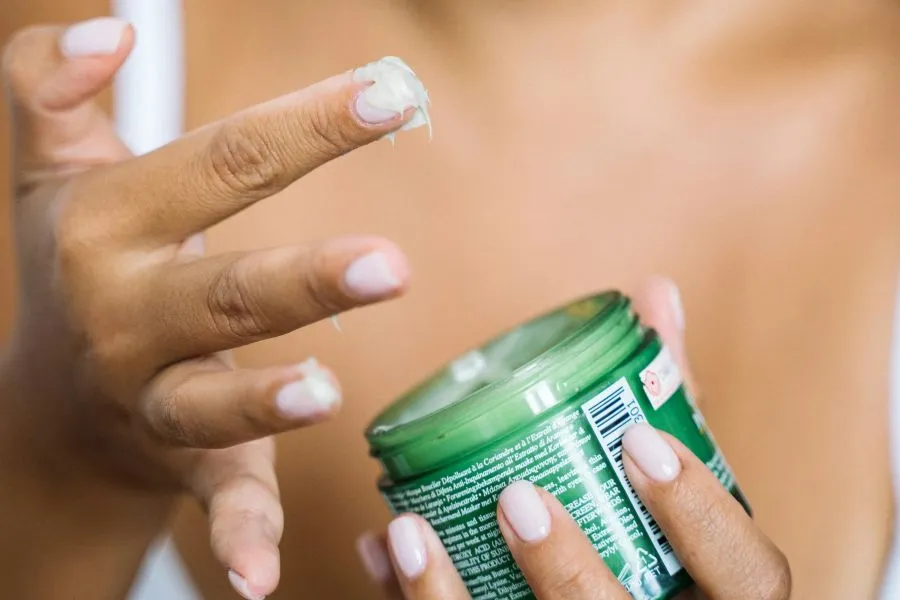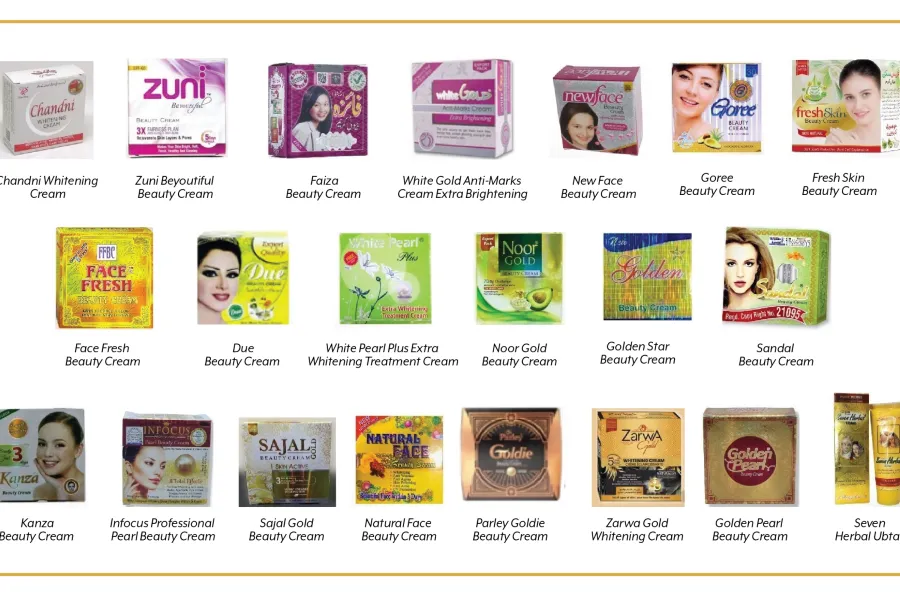NY AG cracks down on mercury-laced skin creams targeting minority communities
Key takeaways
- The NY Attorney General has ordered three companies to cease selling mercury-laced skin lighteners that violate state law.
- These products are primarily marketed to immigrant and minority communities.
- Mercury in skin products can cause serious health issues, including kidney and brain damage.

The New York (NY), US, Office of the Attorney General (OAG) has ordered three companies to immediately stop selling cosmetics that contain unlawful and dangerous levels of mercury.
An OAG investigation has revealed that Aleena Cosmetics, Axabee Skincare, and Singhcart have sold dozens of skin care products with mercury concentrations up to 30,000 times greater than the legal limit under state law.
“Mercury is poison, not a beauty treatment, and no company has any business selling it to consumers,” says Attorney General Letitia James. “Products with mercury levels this high are dangerous and illegal… We will not let companies profit by endangering New Yorkers’ health.”
According to the WHO, mercury use in skin-lightening products can lead to adverse health effects, including skin rashes, discoloration, scarring, and reduced dermal resistance to bacterial and fungal skin infections. Repeated applications of such products onto the skin can cause damage to the kidneys, the brain, and the central nervous system.
Dr. Jean Joseph, president of the Caribbean American Chamber of Commerce and Industry, says: “Medical and scientific evidence shows that these products contain harmful compounds that not only comprise high levels of mercury but are now allied to health issues. [We are] committed to raising awareness about the dangers of skin-lightening products and advocating for the safety and well-being of the African American community.”
Disproportionate harm
People of color are disproportionately targeted and exposed to skin-lightening products. The OAG asserts that the harmful products are frequently sold in immigrant and minority communities. Vendors often sell them in small shops, bodegas, and online, sometimes without proper labeling.
 Mercury levels in cosmetics pose a health risk. “It is egregious to see these products being marketed to people of color, especially women and girls, taking advantage of racist, Eurocentric beauty standards that encourage them to lighten their skin,” says Peggy Shepard, co-founder and executive director of We Act for Environmental Justice.
Mercury levels in cosmetics pose a health risk. “It is egregious to see these products being marketed to people of color, especially women and girls, taking advantage of racist, Eurocentric beauty standards that encourage them to lighten their skin,” says Peggy Shepard, co-founder and executive director of We Act for Environmental Justice.
Mercury is added to skin care products marketed as “beauty creams” or “pearl creams.” These creams are designed to lighten, whiten, or brighten the skin and are touted to remove freckles, spots, marks, acne, under-eye circles, and wrinkles.
“These products prey on the colorism in our communities, a last vestige of colonialism, that tells women of color that they are not enough as they are and forces them to aspire to Western standards of beauty,” asserts Diya Basu-Sen, executive director of Sapna NYC.
Sophia Longsworth, toxics policy director for Clean+Healthy and co-leader of the JustGreen Partnership, adds: “It’s a toxic beauty standard that relies on toxic ingredients.”
Under investigation
NY State passed the Mercury Out of Cosmetics law in 2022, which took effect June 1, 2023. The law prohibits the sale of any cosmetic or personal care product containing mercury above trace amounts. Therefore, authorities found that Aleena Cosmetics, Axabee Skincare, and Singhcart brands violated the law.
Following reports from public health advocates and community organizations, the OAG launched its recent investigation into mercury in skin lighteners.
OAG investigators purchased and tested a range of Aleena Cosmetics, Axabee Skincare, and Singhcart products. Through independent laboratory testing, OAG found that all the skin-lightening products purchased and tested from Aleena Cosmetics and Axabee Skincare contained illegal mercury levels. Singhcart was also found to sell illicit cosmetics.
“Our research indicates that despite health risks, a vast criminal enterprise of unscrupulous manufacturers outside the US is supplying — in plain view worldwide via online platforms like those in NY — illegal mercury-laced cosmetics to millions,” says Michael T. Bender, co-coordinator of the Zero Mercury Working Group.
“This poisoning for profit must stop.” The NY attorney general has committed to combating the presence of toxic metals in personal care products sold within the state.
The NY attorney general has committed to combating the presence of toxic metals in personal care products sold within the state.
The AG warns that the element can also pose serious risks to fetal development.
Mercury exposure is not limited to direct use. It can contaminate household items such as towels, bedding, and clothing, be inhaled as vapor, or be ingested accidentally. This means people who do not use the products directly, including infants, may be exposed.
Health warnings
The WHO has classified mercury as one of the 10 most dangerous chemicals to public health.
The OAG is working with We Act for Environmental Justice, the Zero Mercury Working Group, the Department of Health and Mental Hygiene (DOHMH), and the NY State Department of Environmental Conservation (DEC) to “protect vulnerable communities from mercury in skin lighteners and other products.”
Earlier this year, the New York City DOHMH warned New Yorkers about 22 skin-lightening products, including 15 creams from Pakistan and two from Thailand, that contain elevated amounts of mercury. None of the products listed mercury as an ingredient on their label.
Personal Care Insights previously covered Watchdog groups revealing that major regulatory loopholes, gaps in enforcement, the rise of informal supply chains, and social media-driven beauty trends have fueled the continued sale of toxic cosmetics, especially in regions with higher poverty rates.












